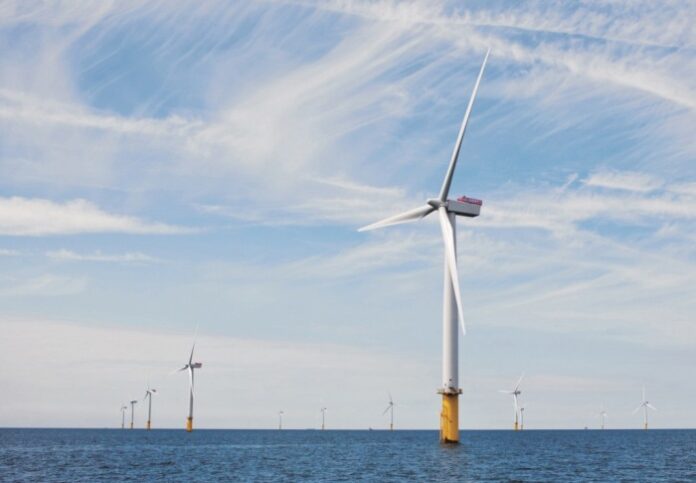Germany’s ambitious plans to expand its wind power capacity and meet renewable energy targets are facing an unexpected hurdle: a significant backlog in the issuance of transport permits for heavy wind turbine components. With over 15,000 applications awaiting approval, companies involved in wind energy projects are experiencing substantial delays and soaring costs.
Transport permits are essential for moving oversized and heavy loads, including wind turbine components, across the country’s road networks. In some cases, this requires the temporary dismantling of structures and road signs, as well as police escorts and nighttime transportation, Reuters news report said.
The backlog of permit applications has become a major challenge for companies in the wind energy sector, resulting in significant financial burdens. Felix Rehwald, a spokesperson for wind turbine manufacturer Enercon, estimated that if the situation remains unchanged, it could cost an extra 115 million euros by the end of the year.
Delays in obtaining permits are costing companies thousands of euros daily, and the bottlenecks are expected to worsen as wind construction projects ramp up in the coming months.
Germany has ambitious renewable energy goals, aiming to derive 80 percent of its electricity from renewable sources by 2030, with 115 gigawatts coming from onshore wind power. However, the permit backlog poses a serious threat to achieving these targets.
Global wind turbine manufacturer Nordex reported that parking space for its lorries is in short supply, and the cost of permits has surged, sometimes increasing by as much as tenfold. The complexity of the permit system has led companies to submit multiple applications to cover various scenarios.
On average, around 150 permits are required to transport a single wind turbine, while cranes and turbine components need 100 to 120 and 60 permits, respectively. The lack of a unified law governing heavy load transport means that each federal state has different requirements and documentation.
Outdated software and guidelines, as well as variations in administrative regulations across authorities, contribute to the delays. A restructuring of the authority responsible for processing applications in 2021 further exacerbated the problem, with companies citing untrained staff and a new software tool as issues.
Efforts are underway to improve the situation. A nationwide, standardized, and largely automated process for permit issuance is expected to be in place by the end of 2023. The German government has also announced plans to streamline bureaucracy, accelerate approval processes, and digitize access to government services to stimulate the economy.
In the interim, Germany’s wind energy sector faces the challenge of processing permits taking up to three months, compared to two to three weeks in the Netherlands and around 10 days in Denmark, which has successfully streamlined its permit processes.
Denmark’s approach includes specially trained drivers and pilots for oversized deliveries, eliminating the need for a police escort for each transfer. This has accelerated the permit process, making it significantly more efficient than the situation currently faced in Germany.
The permitting bottleneck underscores the importance of efficient infrastructure and regulatory processes in achieving renewable energy goals, particularly as nations seek to transition to more sustainable energy sources.

